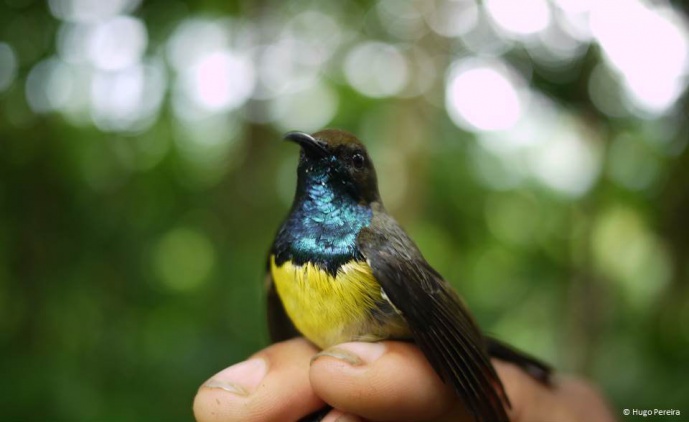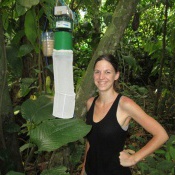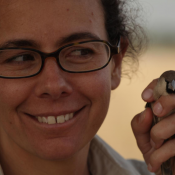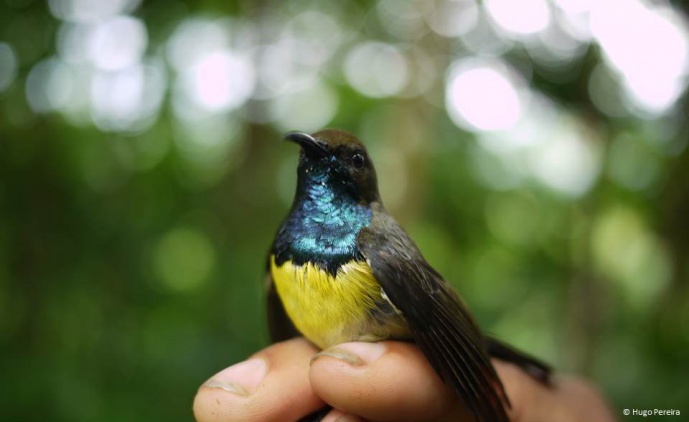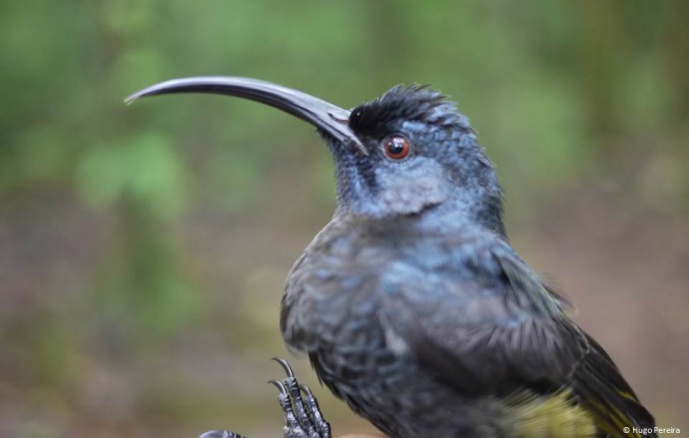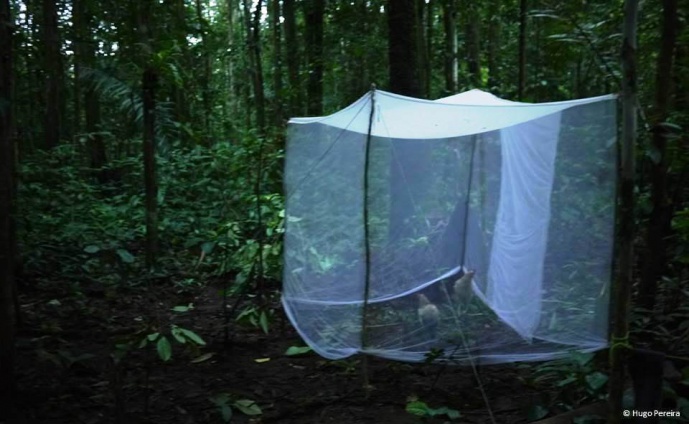DEEP: Deforestation and Evolutionary Ecology of Pathogens - Impacts of anthropogenic pressures on bird populations and infectious diseases in an insular context
Oceanic islands, by virtue of their simplicity, played a central role in the development of ecological and evolutionary theory. They constitute hotspots of both endemism, due to their isolation, and extinction, due to the increasing human impacts. To date, little is known on how anthropogenic changes influence the host-parasite interactions on islands and especially the distribution of parasites in endemic populations. Among the numerous anthropogenic pressures, agricultural expansion is one of the principal factors contributing to deforestation in tropical regions and in recent years, the cultivation of one crop, oil palm Elaeis guineensis, has been expanding at an annual rate of 9% worldwide. This rapid expansion has resulted in a significant loss of biodiversity across the tropics for various taxa: arthropods, birds, mammals and associated ecosystem services, but surprisingly very few studies investigated the effects of forest conversion to oil palm plantations on vectors and vector-borne diseases. This project will address this gap by using cutting-edge molecular technologies and a multi-disciplinary approach, bringing together epidemiology, vector ecology and immunoecology on an endemic-rich oceanic island, São Tomé in the Gulf of Guinea, Africa. The outcomes of the project will be of direct relevance not only for the conservation biology but also for the understanding of the dynamics of infectious diseases in a rapidly changing world - a subject of major implications for human health.
Benoit Nabholz, ISEM, Montpellier, France Claire Doutrelant, CEFE, Montpellier, France Anthony Cornel, UC Davis, USA
